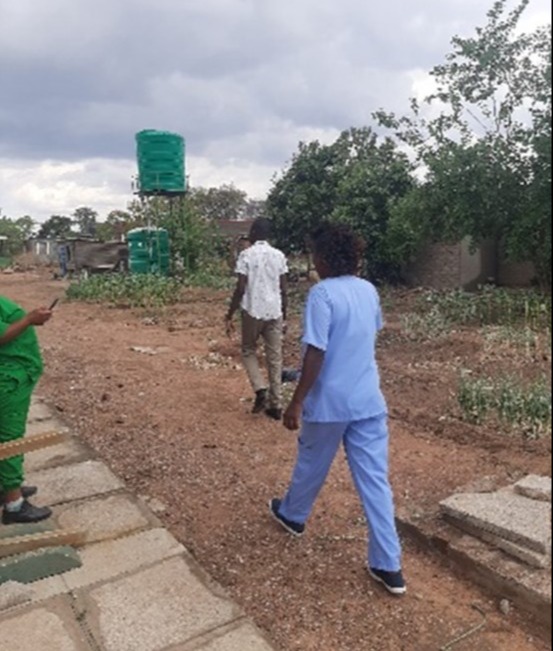Implementation research conducted in Kenya, Uganda, Zambia and Zimbabwe shows that many people completing tuberculosis (TB) treatment still have difficulty breathing while walking short distances or suffer other illnesses.
As part of a joint study with national TB programmes supported by TDR and partners, health workers in the four countries assessed 1063 patients and found that one quarter of those who completed treatment still suffered from symptoms of tuberculosis, one in five were unable to walk 400 meters in under six minutes, and three-quarters had at least one additional condition such as HIV infection, high blood pressure, malnutrition, probable alcohol dependence or other disability. Many of these patients could not be offered care in the same health facility and had to be referred elsewhere for many conditions including disability.

The median time needed for these diagnoses was 22 minutes, and health workers found it feasible and useful to conduct such assessments in addition to their other responsibilities.
“The findings show that even after completing TB treatment, many patients still require further care,” said Dr Fungai Kavenga, National TB Programme Manager, Zimbabwe.
“This study shows the importance of comprehensive follow-up care for all people with TB, both during and after TB treatment, so they have a better quality of life and live longer,” said Dr Tereza Kasaeva, Director of WHO’s Global Tuberculosis Programme. “WHO is developing in 2024 a guidance on TB-associated disability, with a focus on pulmonary and neurological conditions, to assist countries in this regard.”
A TB patient in Zimbabwe taking the 6-minute walking test. Credit: Collins Timire
For more information, please contact Dr Rony Zachariah.

